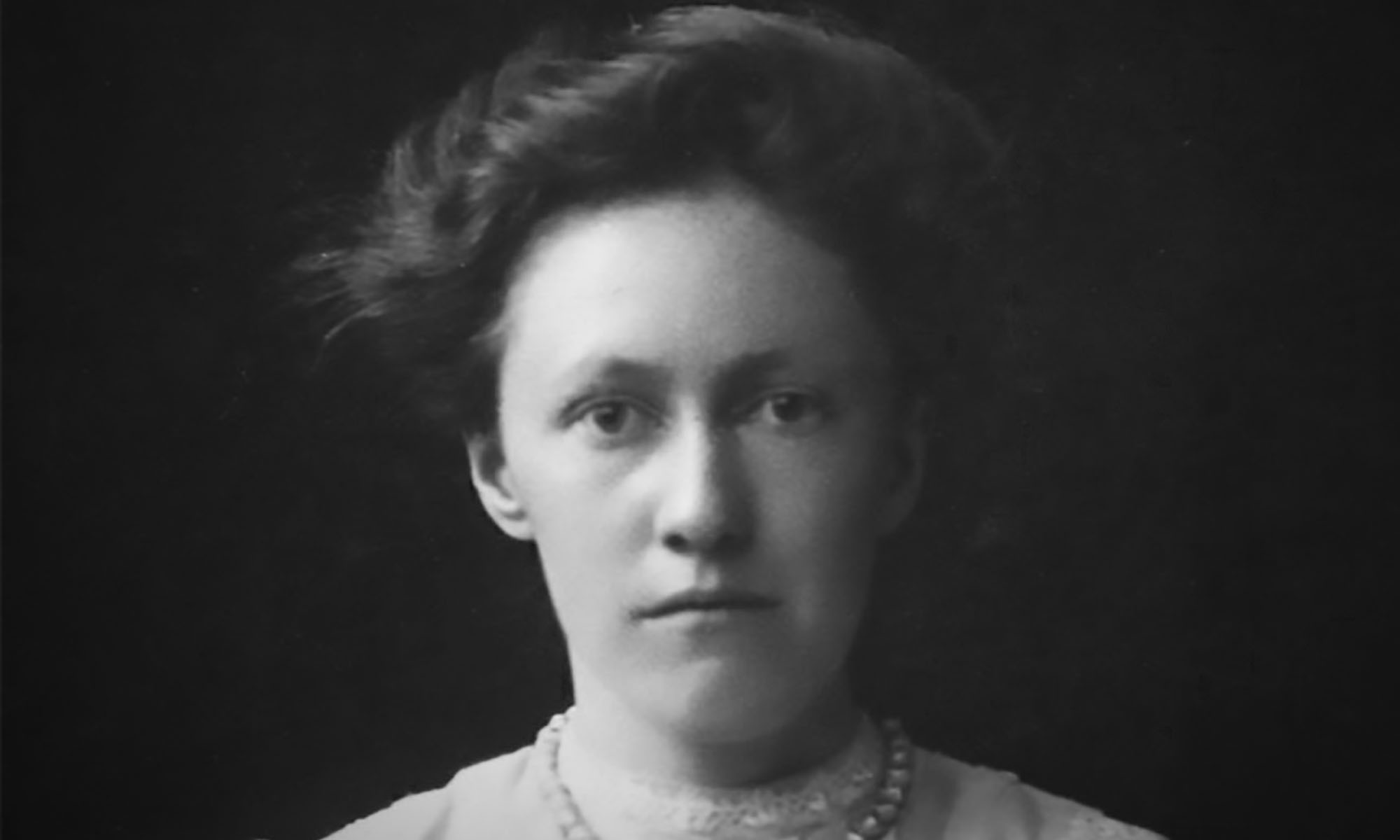She had a bad cold & was sitting by the dining room fire. She talked about Parnell, & said how interesting his wife’s book about him was, but how disgusting of her to publish it, & about the countess, saying people had asked her would it be safe to go into the town the evening she was here.”
WEEK 5: (29th Oct – 4th November 1917)
He also talked about the trade unions, how he got Louise Bennett to organise one among his laundrygirls & how surprised she was at such a request from an employer, & how the Magdalen asylums injure other laundries, having no wages to pay & so being able to undercut”.
WEEK 4: (22nd – 28th October 1917)
They went over the Constitution then & passed it as it stood on the book, & Emer sent a note back to me, asking me to ask on what franchise wd the Constituent Assembly be elected, as the English one parliamentary one wd exclude women & clergy. Griffith answered that plainly”.
WEEK 3: (15th – 21st October 1917)
I went to the S. F. committee in the evening, and they went over all the branch resolutions in the Convention agenda & instructed us to vote for or against each, or as we liked. There was only one that we were told to vote against; adherence to the policy as expounded by A. G. Séan Matthews was very determined against that, thinking it repudiated the use of arms altogether”.
WEEK 2: (8th – 14th October 1917)
“I went to the S. F. committee in the evening, & they discussed how to make people come to the classes, & the evil conduct of two suggested members who played cards for too high stakes, & when the caretaker objected, asked what the place was for”.
WEEK 1: (1st – 7th October 1917)
“They talked about the Convention that was coming off at the end of the month, & the necessity that it should declare unmistakeably for a republic, and the danger of Griffith’s non-republicanism & autocratic spirit; & the extreme trouble they had in forcing a woman onto the executive against the will of Griffith & Milroy etc”
Rosamond Jacob’s account of the Easter Rising: (25th April – 16th June 1916)
“The front of the Imperial Hotel is left but nothing whatever behind it. The post office especially was an appalling sight, heaps of stones inside and long crooked pieces of burnt metal and huge empty window holes and piles of stones and rubbish along the pavement before it. There were great crowds looking at it. Henry St is destroyed too, and Abbey St, and most of the streets leading out of Lower O’Connell St.”
Continue reading “Rosamond Jacob’s account of the Easter Rising: (25th April – 16th June 1916)”








